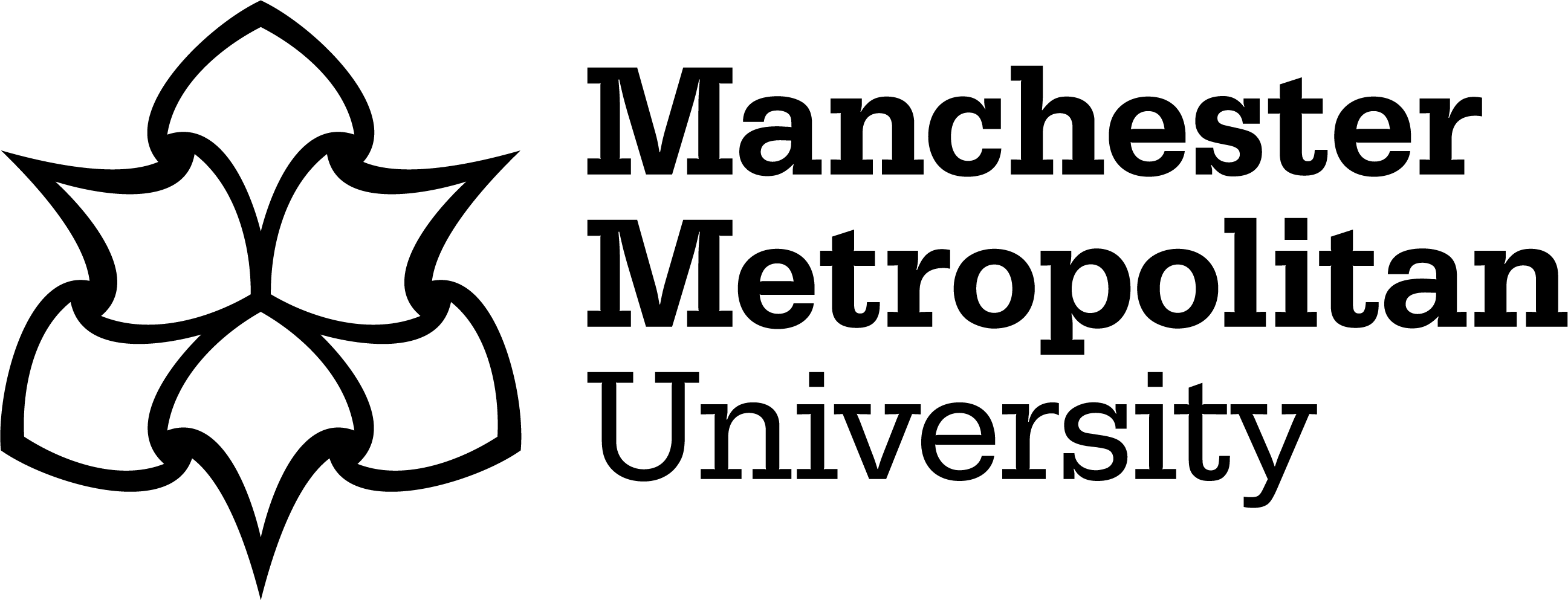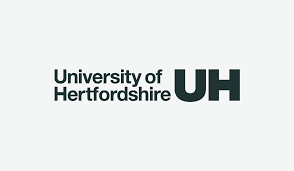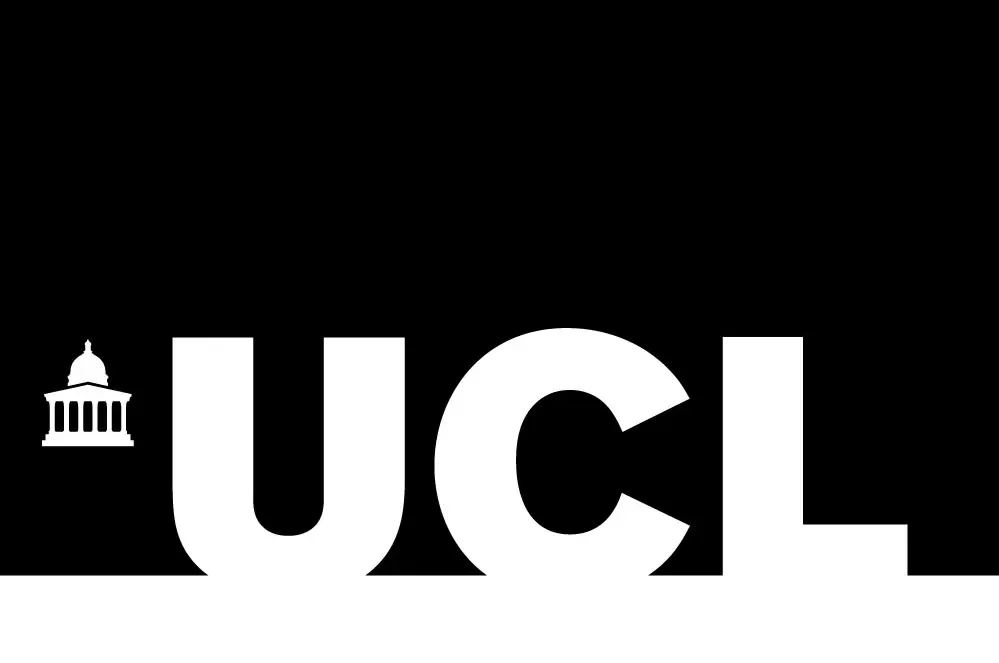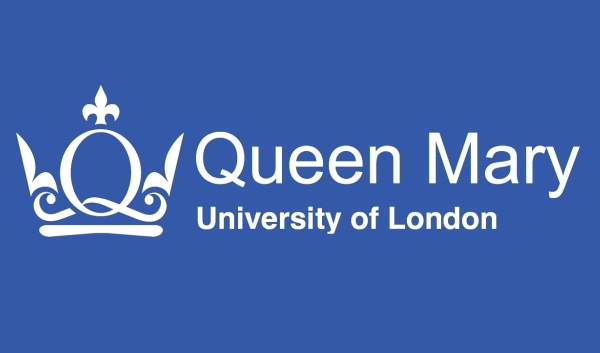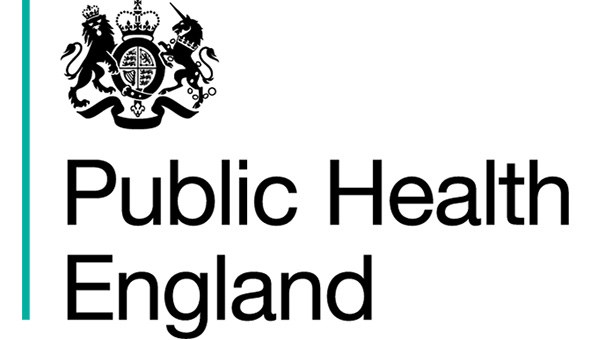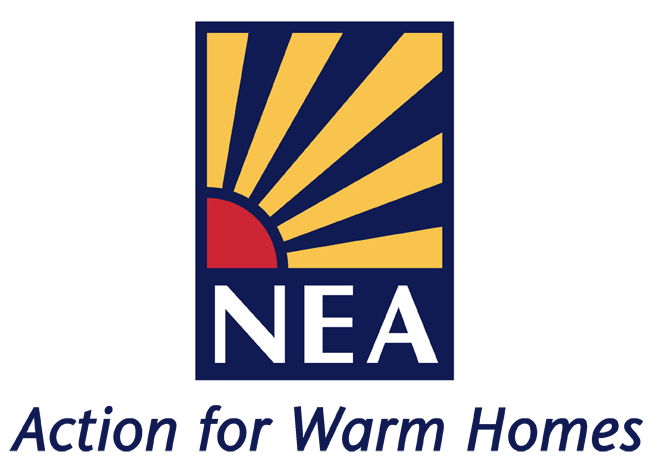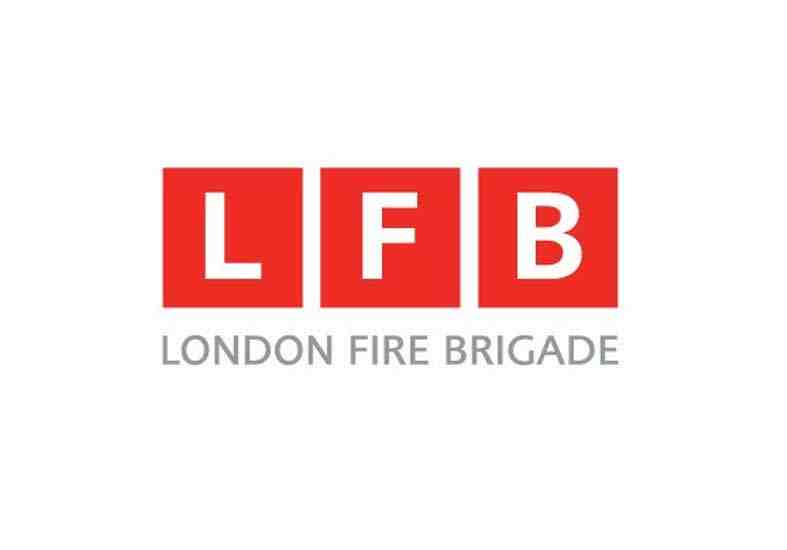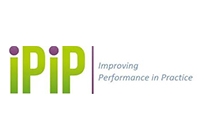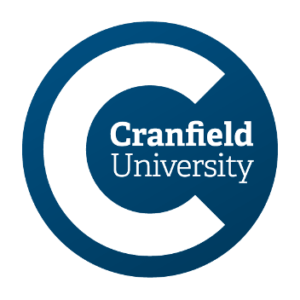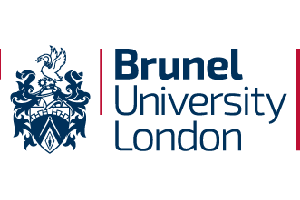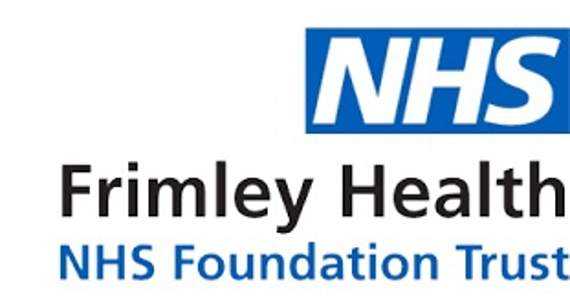The Belisama Ecotherapy centre is based in a rural part of England. It allows Veterans, who may be suffering with PTSD, to camp in a private and secure location. The people who stay there often find the adjustment back to civilian life difficult and experience many issues with their mental wellbeing.
Ecotherapy, living and camping in isolation, can bring respite from PTSD symptoms, comradeship, purpose and re-engagement with nature.
A socio-economically disadvantaged group, the approximately 2.5 million Veterans in the UK can feel that they do not have a voice, that they lack any sense of belonging and are isolated and alienated. They have lost the camaraderie and focus that military service gave them.
They are often suffering from the mental and physical traumas of war in the form of PTSD, so are more likely to suffer from a long-term illness, depression, alcohol and substance misuse, and enduring homelessness. They are also more likely to be unemployed and be involved in violent criminal offences.
‘Wild living’ in a structure such as a tent and using gas appliances and wood for heating and cooking can potentially lead to exposure to lower levels of CO. Such exposure has been linked to substantial cognitive and psychological issues. There is a risk, therefore, that the Veterans are potentially exacerbating their already onerous symptoms of PTSD by exposure to lower levels of CO.
The research will take place using the following steps:
- A simple, one-off recorded semi-structured interview with the veterans exploring their knowledge of CO, and how this could be improved in the community; disposable cameras would be given to participants in order to record how any cooking or heating equipment could be used by these individuals in their camping area; and also to record any thoughts the Veterans may want to explore around ‘wild living’ and potential issues with CO
- Investigation into ambient levels of CO through the use of data-loggers placed in sleeping and living quarters (also verbally recording the type of heating/cooking equipment typically used by each participant)
- Engagement with participants to create an exhibition of their photos to disseminate and promote safety information with regards to CO, to be launched at an event at the Belisama central location – these activities form the PAR elements of the research. There will be prizes for the favourite photo as chosen in a vote by the participants
Any research with vulnerable groups needs to be inclusive and respectful of its participants, with research being seen to be done ‘with’ and ‘for’ individuals and communities, rather than ‘to’ or ‘on’ them.
PAR is mindful of world views while enhancing community cohesion and trust between parties to the research – that is, adhering to the principles of intercultural research practice, and ensuring that ‘voices’ speak directly to readers of the research.
It has a substantial history of involvement in research conducted with groups that are not seen as having ‘voice’ that delivers transformative outcomes. Photovoice is also an established methodology to use in situations where participants may experience a lack of ‘voice’.
It is hoped that the veterans at Belisama will be able to protect themselves from CO exposure by using the knowledge that is generated by the data from this study.



